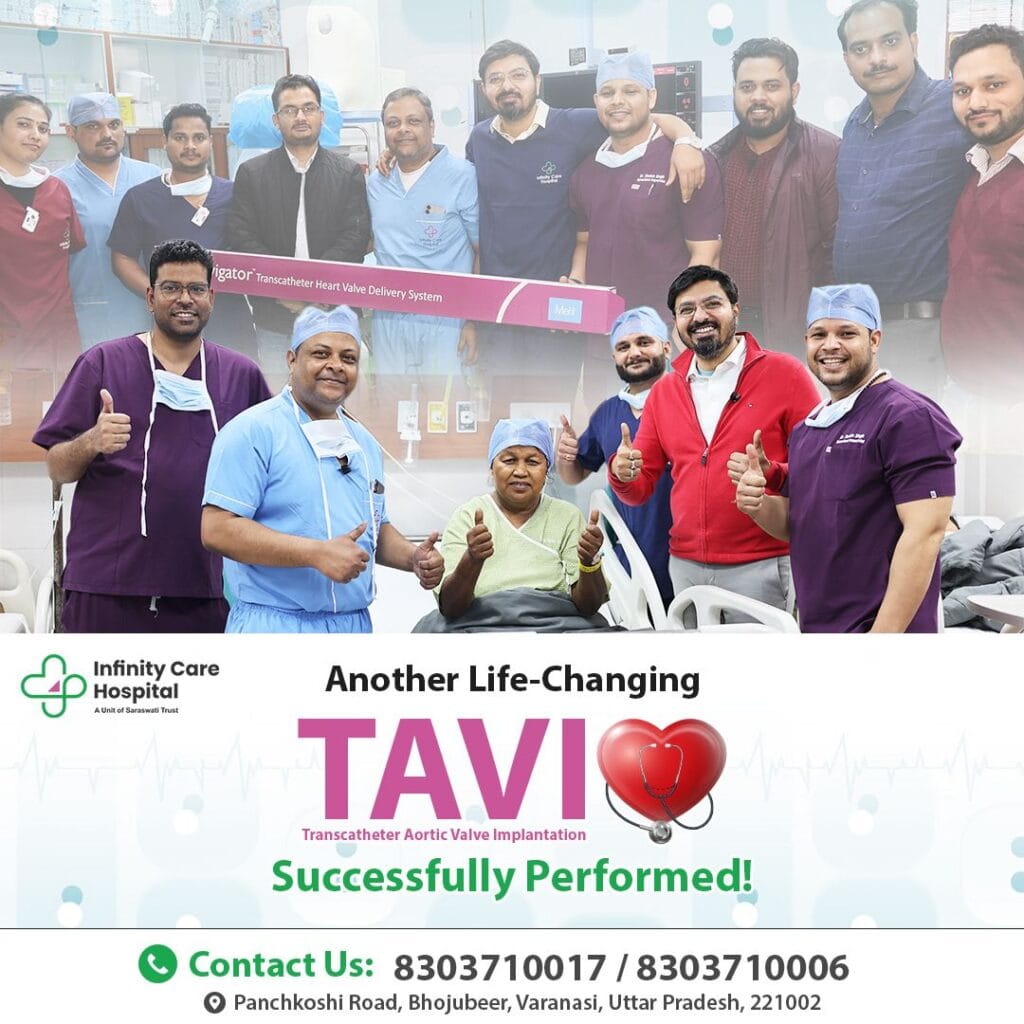If you’ve been told you have fatty liver disease, you might wonder if diet can help. The answer is yes, research backs up the idea that diet can improve liver health. It might even reverse fatty liver disease.
This article looks into how can you reverse fatty liver disease with diet. We’ll dive into fatty liver reversal diet, non-alcoholic fatty liver disease diet, and other ways to manage this condition. By learning about diet’s role in fatty liver treatment without medication, you can help your liver and improve your health.
Key Takeaways
- Dietary changes can help reverse fatty liver disease, reducing the need for medication
- Non-alcoholic fatty liver disease diet and fatty liver reversal diet focus on nutrient-dense, anti-inflammatory foods
- Plant-based diet for fatty liver and low-fat diet for fatty liver are effective dietary approaches
- Anti-inflammatory diet for fatty liver and weight loss for fatty liver reversal are crucial
- Natural remedies for fatty liver can provide additional support
Understanding Fatty Liver Disease
Fatty liver disease happens when fat builds up in the liver. This can cause inflammation and damage. There are two main types: alcoholic fatty liver disease (AFLD) and non-alcoholic fatty liver disease (NAFLD). AFLD is linked to drinking too much alcohol. NAFLD is more related to diet, being overweight, and not being active.
What is Fatty Liver Disease?
Fatty liver disease is when liver cells have too much fat. At first, it might not show any symptoms. But, it can cause inflammation, scarring, and even cirrhosis, which is serious liver damage.
Causes and Risk Factors
The main fatty liver disease causes are:
- Being overweight or obese
- Insulin resistance and type 2 diabetes
- High cholesterol and triglycerides
- Not being active enough
- Some medicines, like corticosteroids and cancer treatments
- Genetics
The fatty liver disease risk factors are mostly about lifestyle and health. Knowing these helps in preventing and managing the disease.
“Fatty liver disease is a growing public health concern, with an estimated 25% of the global population affected by this condition.”
Can You Reverse Fatty Liver Disease with Diet?
Many scientists are now looking into if diet changes can reverse fatty liver disease. Studies show that some diets can improve liver health and reduce liver fat. This gives hope to those with this condition.
Dietary patterns and foods rich in nutrients play a big role in reversing fatty liver disease. Diets like the Mediterranean diet can lower liver fat and improve insulin sensitivity. A plant-based diet is also beneficial, as it reduces liver inflammation and helps fatty liver regress.
“Adopting a nutritious, well-balanced diet can be a powerful tool in the management and reversal of fatty liver disease.”
Research shows that choosing the right foods can help improve liver health. The fatty liver reversal diet and can you reverse fatty liver disease with diet approaches are promising. They help those wanting to control their liver health through lifestyle changes.
While diet alone might not work for everyone, it’s a key part of treating fatty liver disease. Understanding diet’s role in liver health empowers people to make better choices. This can help them take steps towards can you reverse fatty liver disease with diet.
Dietary Approaches for Fatty Liver Reversal
Changing your diet can help reverse fatty liver disease. The Mediterranean diet and plant-based diets are two effective options.
The Mediterranean Diet
The Mediterranean diet focuses on whole, nutrient-rich foods. It includes healthy fats like olive oil and nuts, fruits, vegetables, whole grains, and lean proteins. Research shows it’s good for fatty liver disease.
- This diet is full of foods that fight inflammation and oxidative stress, helping the liver.
- Healthy fats in olive oil and avocados improve insulin sensitivity and liver function.
- Fibre-rich foods in the Mediterranean diet boost gut health, which is key for liver health.
Plant-Based Diet for Fatty Liver
A plant-based diet focuses on whole, unprocessed plant foods. It’s been studied for reversing fatty liver disease. It offers many benefits for the liver.
- Plant-based diets are high in fibre, aiding digestion and reducing liver burden.
- They’re low in saturated fats and high in complex carbs, improving insulin sensitivity and reducing liver fat.
- Plant foods are rich in antioxidants and anti-inflammatory compounds, protecting and healing the liver.
Adopting the Mediterranean diet or a plant-based diet can help fight fatty liver disease. Making these changes can support a healthier liver. It’s a proactive step towards reversing the condition.
Low-Fat Diet for Fatty Liver Treatment
Managing fatty liver disease with a low-fat diet is very effective. This diet limits fats, especially saturated and trans fats. These fats can make the liver fat, a key feature of non-alcoholic fatty liver disease (NAFLD).
A low-fat diet focuses on whole foods. It avoids high-fat animal products, fried foods, and processed snacks. Instead, it promotes lean proteins like poultry, fish, and legumes. It also encourages eating lots of fibre-rich fruits and vegetables.
| Nutrient | Recommended Intake for Low-Fat Diet |
|---|---|
| Total Fat | 20-30% of total daily calories |
| Saturated Fat | Less than 10% of total daily calories |
| Carbohydrates | 45-65% of total daily calories |
| Protein | 20-35% of total daily calories |
Following these guidelines can help reduce liver fat and improve metabolic health. A low-fat diet can also help with insulin resistance and inflammation, both linked to NAFLD.
It’s crucial to start a low-fat diet with a healthcare professional’s advice. They can tailor the diet to fit your nutritional needs.
Along with diet changes, regular exercise and a healthy weight are key. They help reverse fatty liver disease and keep the liver healthy.
Anti-Inflammatory Foods for Fatty Liver
Following an anti-inflammatory diet for fatty liver is key to beating this condition. Fatty liver disease is often caused by chronic inflammation. So, eating foods that fight inflammation is vital for better liver health.
Some foods have amazing anti-inflammatory powers. They can help lower inflammation and fight fatty liver disease. Here are some top anti-inflammatory foods to add to your diet:
- Fruits and Vegetables: Bright, colourful fruits and veggies like berries, leafy greens, tomatoes, and bell peppers are full of antioxidants. They help calm inflammation in the liver.
- Whole Grains: Choose whole grains like brown rice, quinoa, and whole wheat. They’re packed with fibre and can help control inflammation.
- Healthy Fats: Add foods rich in omega-3 fatty acids, like fatty fish, chia seeds, and walnuts. They have strong anti-inflammatory effects.
- Spices: Spices like turmeric, ginger, and cayenne pepper have anti-inflammatory compounds. They support liver health.
By focusing on these anti-inflammatory foods, you can make a big difference. You’ll be on your way to reversing fatty liver disease and boosting your health.
“Adopting an anti-inflammatory diet can be a highly effective way to support the reversal of fatty liver disease and promote overall liver health.”
Weight Loss and Fatty Liver Reversal
Getting to a healthy weight is key to beating fatty liver disease. A mix of eating less and exercising more helps manage liver health. It also cuts down fat in the liver.
Calorie Deficit and Exercise
To beat fatty liver, you need to burn more calories than you eat. This can be done by eating smaller portions and choosing foods that are good for you. Adding exercise to your routine is also a big help. Together, weight loss and exercise can really help reduce liver fat and make your liver work better.
- Try to eat 500-1000 calories less each day for slow but steady weight loss for fatty liver reversal.
- Focus on eating foods that are full of nutrients but low in bad fats and sugars. Good choices include fruits, veggies, whole grains, and lean meats.
- Do at least 150 minutes of exercise for fatty liver each week. Activities like walking fast, jogging, swimming, or cycling are great for boosting your metabolism and liver health.
Combining a calorie deficit for fatty liver with regular exercise can lead to big improvements in liver function. It can also help reduce fatty liver disease.
“Sustainable weight loss through a balanced diet and regular exercise is a powerful approach to reversing fatty liver disease and promoting overall liver health.”
Natural Remedies for Fatty Liver Support
Diet and lifestyle changes are key to beating fatty liver disease. But, natural remedies can also help improve liver health. Let’s look at some natural options that can support your fight against fatty liver disease.
Herbal Extracts for Fatty Liver
Some herbal extracts might help with fatty liver disease. For example, silymarin from milk thistle has antioxidants and anti-inflammatory effects. Curcumin in turmeric also has liver-protective qualities.
Vitamin E and Fatty Liver
Vitamin E is vital for liver health. Studies show it can cut liver fat and improve liver function in NAFLD patients.
Omega-3 Fatty Acids for Liver Health
Omega-3 fatty acids, like those in fish oil, might help with fatty liver. They fight inflammation and boost insulin sensitivity, which are important for NAFLD.
| Natural Remedy | Potential Benefits | Dosage Considerations |
|---|---|---|
| Silymarin (Milk Thistle) | Antioxidant and anti-inflammatory properties | Typically 200-400 mg per day |
| Curcumin (Turmeric) | Hepatoprotective effects | Typically 500-2,000 mg per day |
| Vitamin E | Reduces liver fat accumulation, improves liver enzymes | Typically 400-800 IU per day |
| Omega-3 Fatty Acids | Reduces inflammation, improves insulin sensitivity | Typically 2-4 grams per day |
Remember, while these natural remedies look promising, talk to your doctor before adding them to your treatment plan. They can help with dosages and make sure they won’t interfere with your medications.
By making dietary changes, lifestyle tweaks, and using natural remedies wisely, you can support your liver health. This approach can help reverse fatty liver disease.
Liver Cleanse Diet: Myths vs. Facts
The idea of a “liver cleanse” diet has become popular in health circles. But it’s important to know what’s real and what’s not. Let’s look at the myths and facts about liver cleanse diets and their effect on fatty liver.
Many think liver cleanse diets can get rid of toxins. But the truth is, the liver does this job on its own. It’s very good at filtering out bad stuff without needing special diets or supplements.
- Myth: Liver cleanse diets can “detoxify” the body and remove harmful toxins.
- Fact: The liver is a highly efficient organ that naturally filters and eliminates toxins without the need for special diets or supplements.
Some believe these diets can cure fatty liver disease. But, there’s no science backing this up. In fact, these diets might even cause health problems because they can lead to a lack of nutrients.
- Myth: Liver cleanse diets can effectively treat fatty liver disease.
- Fact: A balanced, nutrient-rich diet is important for liver health, but restrictive “liver cleansing” diets have no proven benefits for fatty liver treatment.
The best way to support your liver is with a healthy diet and regular exercise. Eating foods that are good for you and staying active can help your liver work better. This approach is safer and more effective than trying unproven “liver cleanse” diets.
| Myth | Fact |
|---|---|
| Liver cleanse diets can “detoxify” the body and remove harmful toxins. | The liver is a highly efficient organ that naturally filters and eliminates toxins without the need for special diets or supplements. |
| Liver cleanse diets can effectively treat fatty liver disease. | A balanced, nutrient-rich diet is important for liver health, but restrictive “liver cleansing” diets have no proven benefits for fatty liver treatment. |
“The liver is one of the most resilient organs in the human body, and it can effectively handle the removal of toxins without the need for special diets or supplements.”
Knowing the truth about liver cleanse diets helps you make better choices for your health. Focus on a balanced diet and lifestyle to support your liver and overall health.
Conclusion
You can indeed reverse fatty liver disease with the right diet. A Mediterranean or plant-based diet helps a lot. It’s also good to eat less fat and more anti-inflammatory foods.
Weight loss is key too. Eating fewer calories and exercising regularly helps a lot. Natural remedies like milk thistle and green tea can also support your liver. But, beware of “liver cleanse” diets that don’t work and might harm you.
The main thing is to eat well, stay active, and support your liver naturally. This way, you can beat fatty liver disease and feel better overall. Start this journey with confidence and let your commitment to a healthy liver lead the way.
FAQ
What is fatty liver disease and what causes it?
Fatty liver disease happens when fat builds up in the liver. It can be caused by being overweight or obese. Drinking too much alcohol and having high cholesterol or diabetes also play a role. Eating a diet full of processed foods is another factor.
Can you reverse fatty liver disease with diet?
Yes, changing your diet can help reverse fatty liver disease. Eating a healthy, balanced diet can reduce liver fat. This improves liver health overall.
What are the best diets for reversing fatty liver disease?
Diets like the Mediterranean, plant-based, and low-fat diets are effective. They focus on eating foods rich in nutrients and antioxidants. They also limit unhealthy fats and processed foods.
How does weight loss affect fatty liver disease?
Losing weight is key to reversing fatty liver disease. A calorie-deficit diet and regular exercise help. This reduces liver fat and improves liver function.
Are there any natural remedies that can support fatty liver reversal?
Natural remedies like herbal extracts, vitamins, and supplements can offer support. But, always talk to a healthcare professional before adding them to your routine.
What is the role of a “liver cleanse” diet in fatty liver disease?
The idea of a “liver cleanse” diet is often misunderstood. A balanced diet is crucial for liver health. But, there’s no scientific proof that restrictive diets are better than a healthy diet for reversing fatty liver disease.




